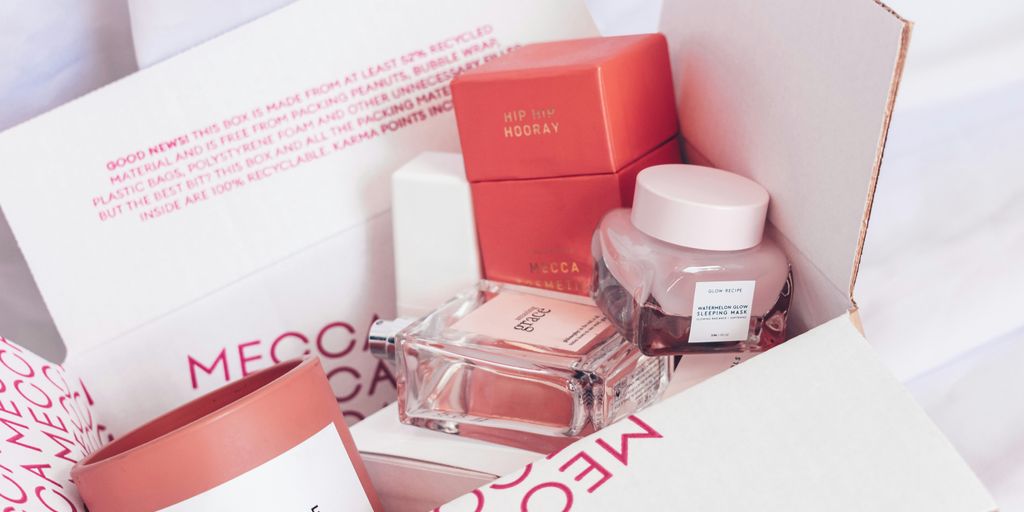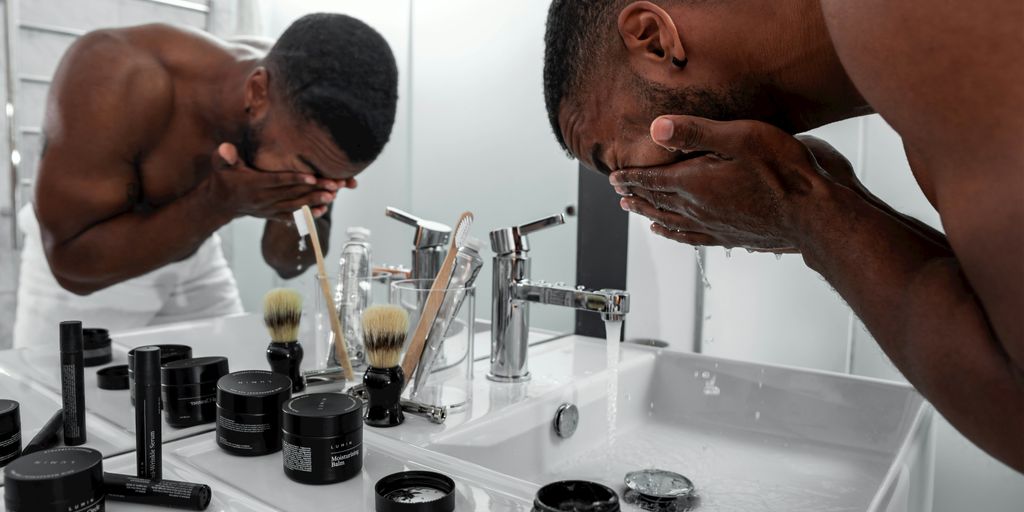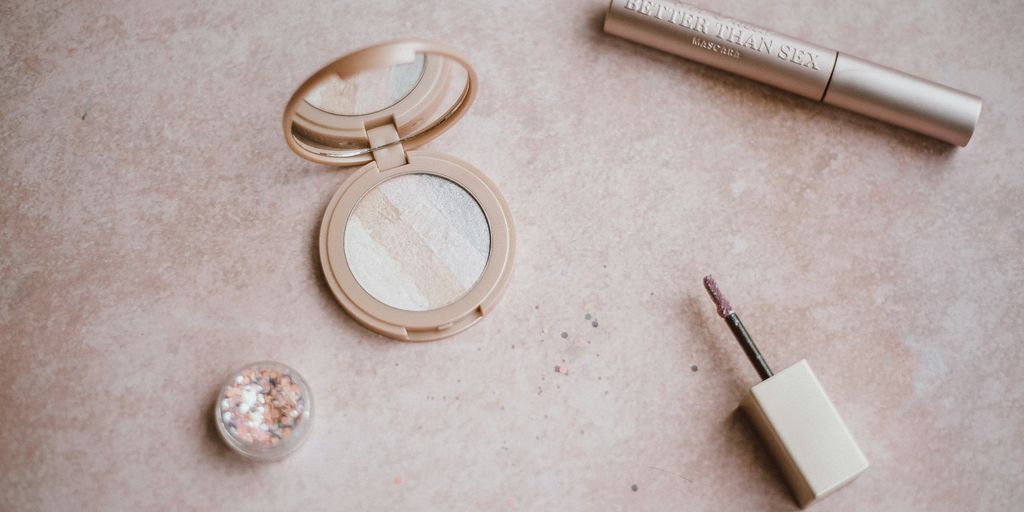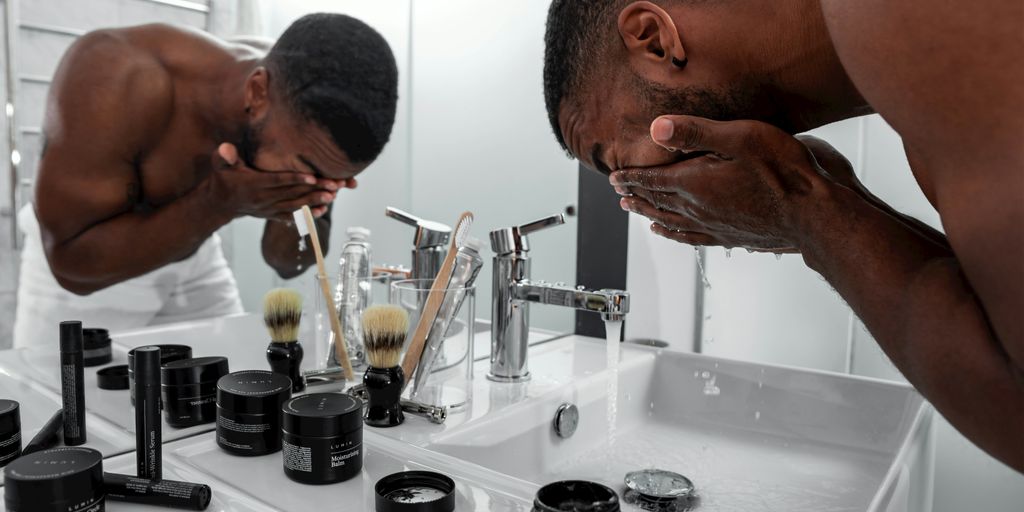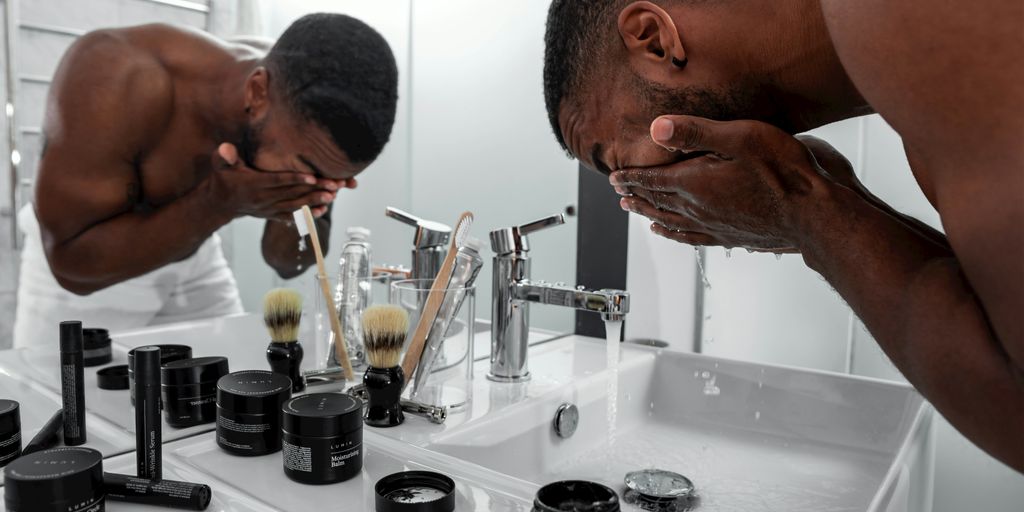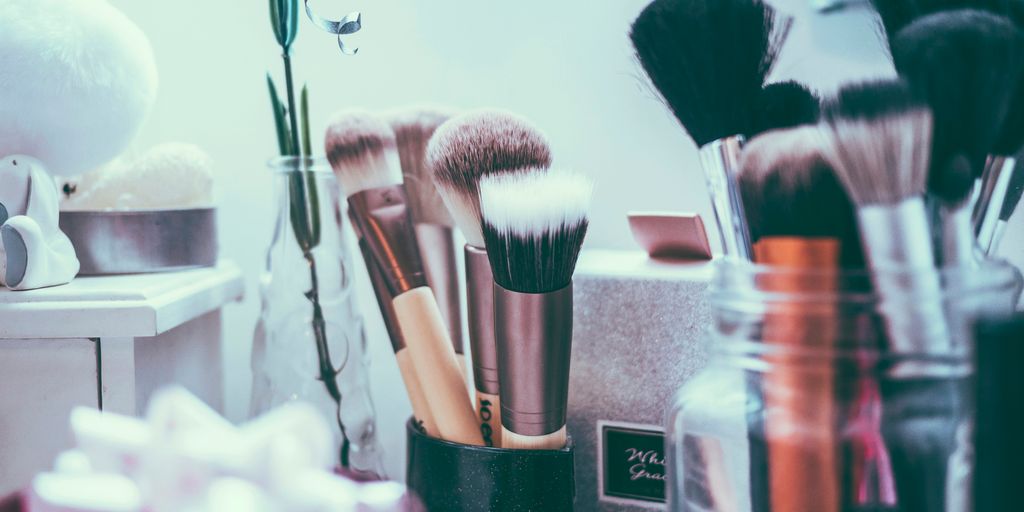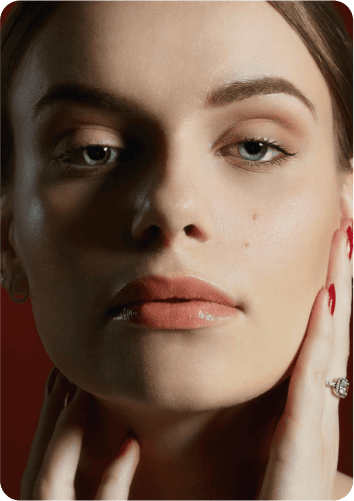When it comes to beauty products, many consumers want to know if their favorite brands are cruelty-free. NARS is one of those brands that has stirred up a lot of debate about its animal testing policies. This article aims to clarify whether NARS is cruelty-free and what that means for conscious shoppers.
Key Takeaways
- NARS lost its cruelty-free status in 2017 when it began selling in China, where animal testing is mandatory.
- Although NARS claims not to test on animals, its parent company Shiseido does conduct animal testing.
- Some NARS products are vegan, but not all; it’s important to check the ingredients.
- Cruelty-free certifications like Leaping Bunny and PETA’s Beauty Without Bunnies help consumers identify ethical brands.
- The beauty industry faces challenges like international regulations and the influence of parent companies on cruelty-free status.
Understanding NARS’ Animal Testing Policy
It’s tricky trying to figure out where NARS stands on animal testing. They’ve made some choices that have changed their cruelty-free status over time, and it’s not always clear what’s going on. Let’s break down the key things that influence their policies.
The Impact of Selling in China
One of the biggest issues is that NARS sells its products in China. China requires animal testing for many imported cosmetics, and this is where things get complicated. Even if a company doesn’t test on animals themselves, selling in China can mean their products end up being tested to meet local regulations. This is why many people no longer consider NARS a cruelty-free brand.
NARS’ Relationship with Shiseido
NARS is owned by Shiseido, a larger company that, while making strides in reducing animal testing, isn’t fully cruelty-free. This connection affects NARS because Shiseido’s overall policies and practices can influence NARS’ operations, especially when it comes to international sales and regulatory compliance. It’s a bit like a parent company’s decisions trickling down to its subsidiaries.
Consumer Perception of NARS’ Practices
How consumers see a brand is super important. Many people who care about cruelty-free products feel let down by NARS’ decision to sell in China. This has led to some people switching to other brands that have a clearer commitment to not testing on animals. It shows how much power consumers have to influence a company’s choices through their buying habits.
It’s important to remember that the world of animal testing policies is always changing. Companies can shift their stances, and regulations can evolve. Staying informed and doing your research is the best way to make sure your purchases align with your values.
The Shift in NARS’ Cruelty-Free Status
It’s a bummer when a brand’s ethics seem to shift, right? NARS is one of those brands that went through a change that left a lot of people scratching their heads. For a while, they were a go-to for folks looking for makeup that wasn’t tested on animals. But things changed, and it’s worth understanding what happened.
Timeline of NARS’ Cruelty-Free Journey
Okay, so here’s the deal. NARS used to be on the good list. People felt good about buying their stuff. Then, around 2017, things got complicated. That’s when they started selling in China. China requires animal testing for many imported cosmetics, and that’s where the trouble started. It wasn’t a quick change, but a slow burn as they expanded their market.
Reasons Behind the Change
So, why did NARS decide to sell in China if it meant going against their cruelty-free values? Well, it seems like it came down to money. The Chinese market is huge, and a lot of brands want a piece of that pie. It’s a tough decision for companies – stick to your principles or chase bigger profits. It’s a classic case of ethics versus economics, and NARS chose the latter.
Public Reaction to the Shift
People were not happy, and that’s putting it mildly. Social media blew up. Beauty bloggers were talking about it. Customers felt betrayed. There was a lot of talk about boycotting NARS. The brand took a hit in the eyes of many consumers who prioritize cruelty-free products. It just goes to show that people care about where their makeup comes from and how it’s made.
It’s a reminder that our choices as consumers have power. When we support brands that align with our values, we’re sending a message. And when a brand makes a decision that goes against those values, it’s important to let them know how we feel. It’s all about voting with our wallets.
Exploring Vegan Options at NARS
NARS’ journey with animal testing has been a bit of a rollercoaster, and it’s understandable to wonder about their vegan options too. While NARS isn’t a fully vegan brand, they do have some products that fit the bill. It’s all about knowing what to look for.
Are All NARS Products Vegan?
No, not all NARS products are vegan. François Nars, the founder, is vegan, which might lead you to think the whole line is, but that’s not the case. Some products contain animal-derived ingredients like lanolin or beeswax. It’s super important to check the ingredient list on each product before you buy it.
Identifying Vegan Products
Finding out which NARS products are vegan takes a little detective work. Here’s what you can do:
- Check the ingredient list: Look for ingredients like beeswax, lanolin, carmine, and collagen. If you see these, the product isn’t vegan.
- Contact NARS directly: Their customer service team can provide a list of current vegan products. This is probably the most reliable way to get accurate info.
- Use online resources: Some websites and blogs dedicated to vegan beauty keep updated lists of vegan products from various brands. Double-check the info, though, as formulas can change.
The Importance of Ingredient Transparency
Ingredient transparency is key when you’re trying to make ethical choices. Brands that are upfront about their ingredients make it way easier for consumers to find vegan options. NARS could definitely improve in this area. More transparency would build trust and make it simpler for vegan shoppers to support the brand where possible.
It’s frustrating when brands aren’t clear about their ingredients. As consumers, we have the right to know what we’re putting on our skin. More transparency from NARS would not only help vegans but also anyone with allergies or sensitivities.
The Role of Certifications in Cruelty-Free Claims
It’s easy to get lost in the world of beauty product claims, especially when it comes to cruelty-free status. How do you really know if a brand is telling the truth? That’s where certifications come in. They’re like a guide, helping us make better choices. These certifications act as a beacon for consumers wanting to make informed decisions about the products they buy.
Understanding Cruelty-Free Certifications
So, what exactly is a cruelty-free certification? Basically, it’s a stamp of approval from an independent organization that says a company doesn’t test its products on animals. This includes everything from the final product to the individual ingredients. These certifications aren’t just handed out; brands have to meet specific standards and often undergo audits to prove they’re really cruelty-free. It’s a way to add trust to the process.
Key Certification Bodies
There are a few big names in the cruelty-free certification world. Here are some:
- Leaping Bunny: This is an internationally recognized certification. If a product has the Leaping Bunny logo, it means no animal testing was done at any stage of production.
- PETA’s Beauty Without Bunnies: PETA (People for the Ethical Treatment of Animals) has a huge list of companies that don’t test on animals. Their certification is pretty well-known.
- Choose Cruelty-Free (CCF): Based in Australia, CCF has strict rules that companies have to follow to get certified.
These organizations usually look for things like:
- No animal testing, including by third parties.
- No animal-derived ingredients (for some certifications).
- Clear and open supply chains.
The Importance of Consumer Awareness
We, as consumers, have a big role to play. The more we know about these certifications, the better we can support brands that are truly cruelty-free. It’s easy for companies to make claims, but certifications give us a way to verify those claims. Plus, with social media, we can share information and call out brands that aren’t being honest. It’s all about making informed choices and using our voices to push for more ethical practices in the beauty industry.
By being aware of what these certifications mean, we can make sure our money is going to companies that align with our values. It’s a small step that can make a big difference.
Challenges Faced by Cruelty-Free Brands
It’s not always easy being a brand that’s committed to being cruelty-free. There are a lot of hurdles and tough choices to make along the way. It’s more than just slapping a label on a product; it’s about truly living up to those ethical standards.
Navigating International Regulations
One of the biggest challenges is dealing with different rules in different countries. Some countries still require animal testing for certain products before they can be sold there. This puts cruelty-free brands in a tough spot. Do they compromise their values to enter those markets, or do they stick to their principles and miss out on potential customers? It’s a constant balancing act.
The Dilemma of Parent Companies
Sometimes, a brand might be cruelty-free itself, but it’s owned by a larger company that does test on animals. This creates a real dilemma for consumers. Is it okay to support a cruelty-free brand if its parent company isn’t? It’s a complex issue with no easy answers. Many people feel that supporting the cruelty-free subsidiary still sends a message to the parent company, encouraging better practices across the board.
Addressing Greenwashing Concerns
Unfortunately, not every brand that claims to be cruelty-free actually is. Some engage in greenwashing, making misleading claims to attract conscious consumers. This makes it hard to know who to trust.
That’s why certifications like Leaping Bunny and PETA’s Beauty Without Bunnies are so important. They provide a level of assurance that a brand has been thoroughly vetted and meets strict cruelty-free standards.
Here are some ways to spot potential greenwashing:
- Look for recognized certifications.
- Check the brand’s website for a detailed explanation of their animal testing policy.
- Be wary of vague or ambiguous language.
Consumer Advocacy and Ethical Choices
The Rise of Conscious Consumerism
More and more people are thinking about where their money goes. It’s not just about getting the cheapest deal anymore. People want to support companies that share their values. This shift is called conscious consumerism, and it’s changing the way businesses operate. Consumers are now asking questions about a product’s impact on the environment, animal welfare, and human rights.
How to Make Informed Choices
It can be hard to know if a company is really ethical. Here are a few things you can do:
- Look for certifications from trusted organizations.
- Read labels carefully and research ingredients.
- Check the company’s website for information about their values and practices.
- Read reviews from other consumers.
It’s important to remember that no company is perfect. But by doing your research, you can make choices that align with your values.
The Power of Social Media in Advocacy
Social media has given consumers a powerful voice. We can now share information, ask questions, and hold companies accountable in ways that weren’t possible before. If a company is doing something unethical, social media can help spread the word and put pressure on them to change. It’s also a great way to support companies that are doing things right. Social media can amplify both positive and negative messages, influencing consumer behavior and brand reputation.
Here’s how social media helps:
- Sharing information quickly.
- Connecting with like-minded people.
- Organizing boycotts and campaigns.
Alternatives to NARS for Cruelty-Free Shoppers
It’s understandable to seek alternatives if NARS’ animal testing policy doesn’t align with your values. Luckily, the beauty market is full of brands that prioritize ethical practices. Let’s explore some fantastic options.
Brands That Uphold Cruelty-Free Standards
There are many brands committed to being cruelty-free. These companies don’t test finished products or ingredients on animals, and they ensure their suppliers adhere to the same standards. Some popular choices include:
- Pacifica: Known for its wide range of vegan and cruelty-free products, from skincare to makeup.
- e.l.f. Cosmetics: An affordable option that’s 100% vegan and cruelty-free.
- Aether Beauty: This brand is 100% vegan and cruelty-free.
- Anastasia Beverly Hills: Offers a wide range of makeup products and is cruelty-free.
- Hourglass: While owned by Unilever, Hourglass is committed to being cruelty-free and has a selection of vegan products.
Exploring Vegan Beauty Brands
If you’re looking to take it a step further, consider brands that are entirely vegan, meaning they don’t use any animal-derived ingredients. Some great vegan beauty brands include:
- Bite Beauty: Owned by Kendo, LVMH, Bite Beauty is 100% vegan.
- PHLUR: This brand is 100% vegan.
- PINROSE: This brand is 100% vegan.
- Skylar: This brand is 100% vegan.
- The 7 Virtues: This brand is 100% vegan.
Choosing vegan beauty products not only avoids animal testing but also reduces the environmental impact associated with animal agriculture. It’s a win-win for your conscience and the planet.
Community Recommendations and Resources
Finding the right cruelty-free alternatives can be easier with community support. Here are some resources to help you discover new brands and products:
- Cruelty-Free Kitty: A blog dedicated to providing updated information on cruelty-free brands.
- Leaping Bunny Program: A certification program that ensures brands meet strict cruelty-free standards.
- Ethical Elephant: Another great resource for finding cruelty-free and vegan beauty products.
- Social Media Groups: Join online communities dedicated to cruelty-free beauty to get recommendations and share your own discoveries.
- Think Dirty App: Scan products to see their ingredients and ethical ratings.
If you’re looking for cruelty-free options instead of NARS, there are plenty of great brands to explore. Many companies now offer high-quality makeup that doesn’t test on animals. Check out our website for a list of fantastic alternatives that are kind to animals and still give you that perfect look. Don’t miss out on finding your new favorite products!
Final Thoughts on NARS and Animal Testing
In the end, it’s clear that NARS isn’t cruelty-free. They lost that status when they started selling in China, where animal testing is mandatory. Even if they say they don’t test on animals themselves, the fact that they’re part of Shiseido, a company that does test, raises some serious questions. If you’re someone who cares about animal welfare, it might be time to look for other brands that align better with your values. There are plenty of options out there that are truly cruelty-free. So, before you buy, take a moment to check the labels and do a little research. Your choices can make a difference.
Frequently Asked Questions
Is NARS a cruelty-free brand?
No, NARS is not considered cruelty-free because they sell their products in China, where animal testing is required by law.
Why did NARS lose its cruelty-free status?
NARS lost its cruelty-free status in 2017 when it began selling in China, where animal testing is mandatory for cosmetics.
Are NARS products vegan?
Some NARS products are vegan, but not all. It’s important to check the ingredients for animal-derived substances.
What does cruelty-free mean?
Cruelty-free means that a product has not been tested on animals at any stage of its production.
What should I look for in cruelty-free certifications?
Look for certifications from trusted organizations like Leaping Bunny or PETA, which ensure that no animal testing was involved.
What are some alternatives to NARS for cruelty-free beauty?
There are many cruelty-free brands available, such as Too Faced, Urban Decay, and Tarte, that do not test on animals.
